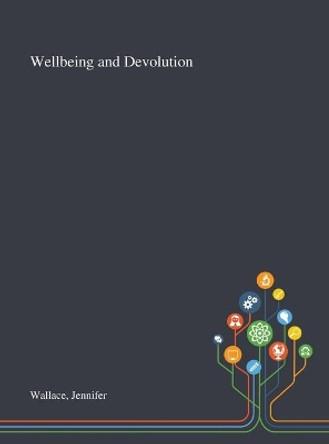Description
When addressing schools' responses to inequalities, discussions are often framed in terms of wellbeing. Yet wellbeing as a concept is poorly defined and differently understood across academic and professional disciplines such as philosophy, psychology, healthpromotion, and social care. Nonetheless, its universally positive connotations allow policy changes to be ushered in, unchallenged. Powerful actions can be exerted through the use of soft vocabulary as the discourse of wellbeing legitimates schools' intervention into personal aspects of children's lives. As educators worldwide struggle over the meaning and purpose of schooling, discourses of wellbeing can be mobilised in support of different agendas. This book demonstrates how this holds both dangers and opportunities for equality in education. Amartya Sen's Capability Approach is used to offer a way forward in which different understandings of wellbeing can be drawn together to offer a perspective that enhances young people's freedoms in education and their freedoms gained through education.
"In this timely publication, Jennifer Spratt charts a clear course through an area of education that has, to date, been characterised by its opaqueness. In doing so, she adds much needed clarity to the field. Adopting an appropriately critical stance, Dr. Spratt problematises the wellbeing discourse in education, using a recent study to illustrate and support her arguments. Highly recommended." (Professor Neil Humphrey, Head of Manchester Institute of Education, University of Manchester) "This timely and accessible book provides a critique of underpinning welfarist and neo-liberal discourses in influencing how wellbeing and learning have co-existed as agendas in schools. The author applies a critical discourse analysis to the Scottish 'Curriculum for Excellence' as a way of exemplifying how wellbeing discourses are operationalised through curriculum processes and this provides excellent material for the critiques offered. The policy analyses are juxtaposed against professional perspectives as a 'discursive gap' and the book concludes with a conceptualisation of wellbeing in schools that is more equitable and respectful of children's lives. A much needed alternative construct of wellbeing in schools is offered that draws together the wellbeing and learning discourses into a democratic approach to education with a focus on 'true care', dignity, freedoms and flourishing of the whole child through and within 'sensitive pedagogies'. In an increasingly directive and outcomes focused educational climate this is a must read for educationalists, parents and anyone concerned with children and young people's experiences and aspirations." (Dr Debbie Watson, Reader in Childhood Studies, University of Bristol) "In today's schools, concern for child wellbeing is rising - ostensibly as an antidote to decades of pressure to enhance academic performance. Jenny Spratt's research, based on the case of Scotland, lifts the veil of benevolent aspiration to reveal how structural imperatives often reassert themselves. Thus the discourse of, and provision for, wellbeing may be colonised to serve learning performance goals rather than inclusively promoted for all. As the teaching profession strives to 'do its best' for children in an era of globalisation, this analysis provides a welcome challenge to our good intentions." (Professor Andrew Pollard, UCL Institute of Education)
Book Information
ISBN 9783319500645
Author Jennifer Spratt
Format Hardback
Page Count 147
Imprint Springer International Publishing AG
Publisher Springer International Publishing AG





